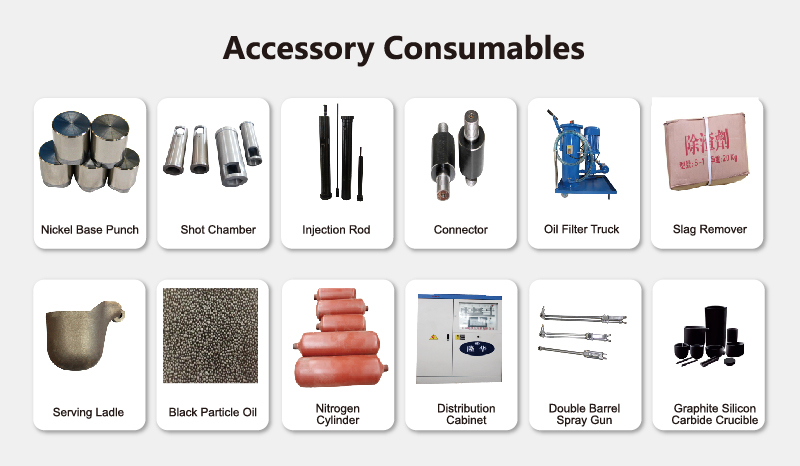EMAIL:
sales@longhuamachine.com
TELL/whatsapp:
+86-18905522221  English
English English
English| Availability: | |
|---|---|
| Quantity: | |


Built with a robust and insulated structure, the furnace minimizes heat loss, ensuring optimal energy utilization. Its user - friendly control panel allows operators to precisely regulate temperature settings, combustion air volume, and gas flow, enabling seamless adaptation to different heating processes.
Whether it's for metal heat treatment, ceramic firing, or drying applications, this natural gas furnace provides a stable and efficient heating solution that enhances productivity while reducing environmental impact compared to traditional fuel - based heating systems.

One of the standout features of the 200kg Natural Gas furnace is its high - efficiency combustion system. Equipped with a state - of - the - art burner, the furnace achieves near - complete combustion of natural gas, maximizing heat generation and minimizing emissions of harmful pollutants such as carbon monoxide and nitrogen oxides. This not only ensures compliance with strict environmental regulations but also reduces the overall cost of operation by optimizing fuel consumption.
The furnace also features a sophisticated temperature control mechanism. Using advanced sensors and PID (Proportional - Integral - Derivative) control algorithms, it can maintain the set temperature within a narrow tolerance range, ensuring uniform heating of materials. The insulated chamber, constructed from high - quality refractory materials, provides excellent thermal insulation, reducing heat dissipation to the surroundings and enhancing the furnace's energy efficiency.
Another key feature is its easy - maintenance design. The modular construction of the furnace allows for quick access to key components such as burners, fans, and control units, facilitating routine inspection, cleaning, and replacement. This reduces downtime and extends the service life of the equipment, making it a cost - effective long - term investment for businesses.
The 200kg Natural Gas furnace finds extensive applications across multiple industries. In the metalworking industry, it is used for processes such as annealing, tempering, and hardening of metals. The precise temperature control of the furnace ensures that metals achieve the desired mechanical properties, enhancing their strength, durability, and performance. For example, in the production of automotive parts, the furnace can be used to heat - treat steel components to improve their resistance to wear and fatigue.
In the ceramics industry, the furnace plays a crucial role in the firing process of ceramic products. The uniform heating provided by the furnace ensures that ceramics are fired evenly, resulting in high - quality products with consistent color, texture, and strength. It is also suitable for drying applications in industries such as food processing, where it can be used to dry fruits, vegetables, and grains, removing moisture efficiently while preserving the nutritional value of the products. Additionally, the furnace can be employed in the chemical industry for processes such as calcination and roasting of chemical raw materials.




Built with a robust and insulated structure, the furnace minimizes heat loss, ensuring optimal energy utilization. Its user - friendly control panel allows operators to precisely regulate temperature settings, combustion air volume, and gas flow, enabling seamless adaptation to different heating processes.
Whether it's for metal heat treatment, ceramic firing, or drying applications, this natural gas furnace provides a stable and efficient heating solution that enhances productivity while reducing environmental impact compared to traditional fuel - based heating systems.

One of the standout features of the 200kg Natural Gas furnace is its high - efficiency combustion system. Equipped with a state - of - the - art burner, the furnace achieves near - complete combustion of natural gas, maximizing heat generation and minimizing emissions of harmful pollutants such as carbon monoxide and nitrogen oxides. This not only ensures compliance with strict environmental regulations but also reduces the overall cost of operation by optimizing fuel consumption.
The furnace also features a sophisticated temperature control mechanism. Using advanced sensors and PID (Proportional - Integral - Derivative) control algorithms, it can maintain the set temperature within a narrow tolerance range, ensuring uniform heating of materials. The insulated chamber, constructed from high - quality refractory materials, provides excellent thermal insulation, reducing heat dissipation to the surroundings and enhancing the furnace's energy efficiency.
Another key feature is its easy - maintenance design. The modular construction of the furnace allows for quick access to key components such as burners, fans, and control units, facilitating routine inspection, cleaning, and replacement. This reduces downtime and extends the service life of the equipment, making it a cost - effective long - term investment for businesses.
The 200kg Natural Gas furnace finds extensive applications across multiple industries. In the metalworking industry, it is used for processes such as annealing, tempering, and hardening of metals. The precise temperature control of the furnace ensures that metals achieve the desired mechanical properties, enhancing their strength, durability, and performance. For example, in the production of automotive parts, the furnace can be used to heat - treat steel components to improve their resistance to wear and fatigue.
In the ceramics industry, the furnace plays a crucial role in the firing process of ceramic products. The uniform heating provided by the furnace ensures that ceramics are fired evenly, resulting in high - quality products with consistent color, texture, and strength. It is also suitable for drying applications in industries such as food processing, where it can be used to dry fruits, vegetables, and grains, removing moisture efficiently while preserving the nutritional value of the products. Additionally, the furnace can be employed in the chemical industry for processes such as calcination and roasting of chemical raw materials.


